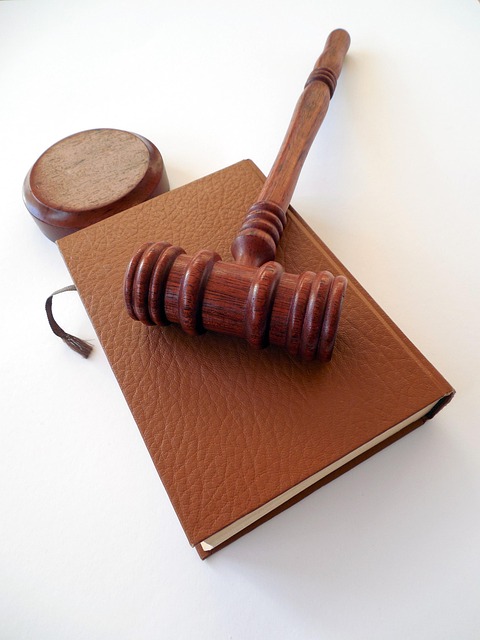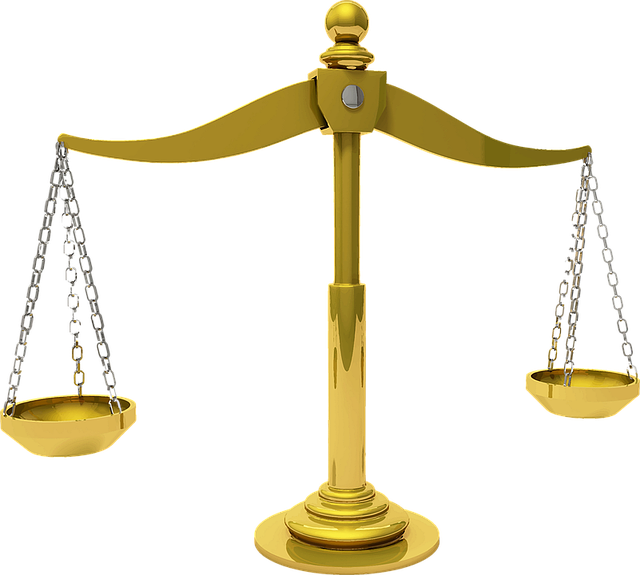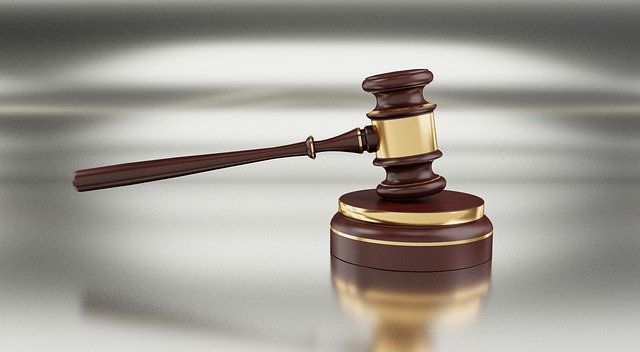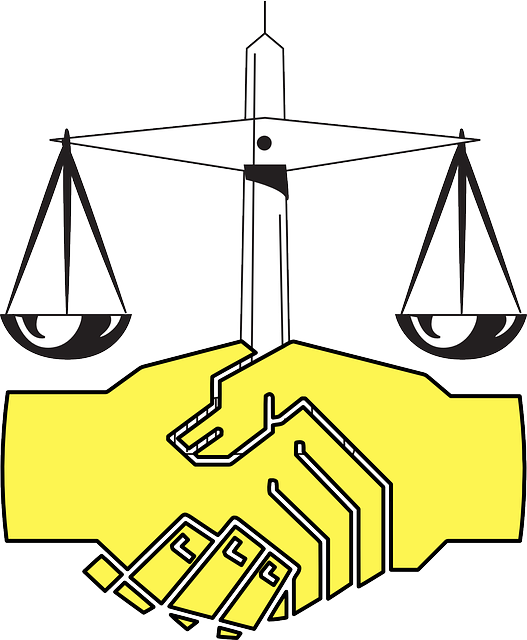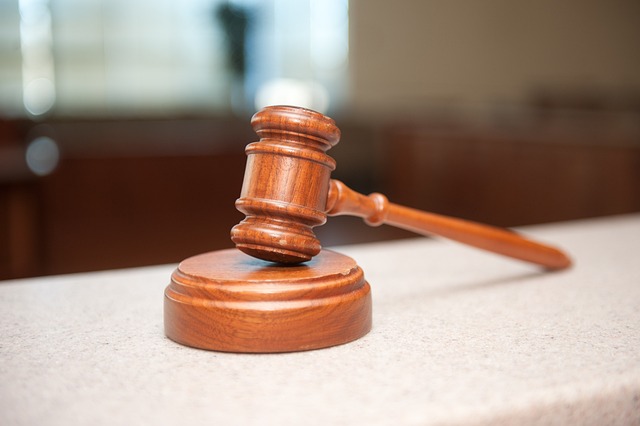
Category: Aurora Business Litigation
Aurora Business Litigation: Navigating Complex Legal Waters
Introduction
In an increasingly interconnected global economy, business litigation has evolved into a sophisticated and multifaceted practice. At the forefront of this evolution stands Aurora Business Litigation, a dynamic field that encompasses a wide range of legal disputes within the corporate world. This comprehensive guide aims to delve into the intricacies of Aurora Business Litigation, exploring its various facets, international implications, and future trajectory. By the end of this article, readers will gain a profound understanding of this critical aspect of business law and its far-reaching effects.
Understanding Aurora Business Litigation
Definition:
Aurora Business Litigation refers to the legal process involving the resolution of disputes between businesses, including corporations, partnerships, and other commercial entities. It covers a broad spectrum of conflicts, from contract disagreements and partnership breakdowns to complex corporate governance issues and international trade disputes.
Core Components:
- Contract Law: Disputes often arise from breach of contract, requiring detailed analysis of agreement terms and conditions.
- Corporate Governance: This includes matters related to board duties, shareholder rights, and executive liability.
- International Trade: Cross-border transactions may lead to disputes involving import/export regulations, investment treaties, and international commercial law.
- Partnership and Limited Liability Companies (LLCs): Conflicts within business partnerships or LLCs require understanding of ownership rights, operational agreements, and dispute resolution mechanisms.
- Commercial Law: A broad area covering sales, leases, banks, and securities, providing the legal framework for business transactions.
Historical Context:
The roots of Aurora Business Litigation can be traced back to ancient commercial law practices, where merchants sought remedies for breaches of bargain. Over centuries, as trade and commerce expanded globally, so did the complexity of legal disputes. Modern Aurora Business Litigation has evolved from traditional common law principles, incorporating elements of civil law and adapting to the dynamic nature of business practices.
Significance:
- Economic Stability: Effective business litigation ensures fair play, encouraging healthy competition and fostering economic growth.
- Risk Management: Businesses can mitigate risks by understanding potential liabilities and having robust dispute resolution strategies in place.
- Incentive for Innovation: A well-defined legal framework encourages entrepreneurs to take calculated risks, driving innovation and economic development.
- Global Connectivity: With international trade at its core, Aurora Business Litigation plays a pivotal role in facilitating global business relationships.
Global Impact and Trends
International Influence:
Aurora Business Litigation has a profound impact on the global stage, particularly in regions with strong international trading partnerships. Key centers for this practice include New York, London, Hong Kong, and Singapore, which host some of the world’s largest legal firms specializing in this field.
Regional Trends:
- North America: Known for its robust legal framework, the US has seen a rise in complex cross-border disputes due to its significant international trade partnerships. Canada’s business litigation landscape is characterized by a blend of common law and civil law influences.
- Europe: The EU’s single market creates a unique set of challenges, with disputes often involving interpretations of EU laws and regulations. London, as a global financial hub, experiences high-profile cross-border cases.
- Asia Pacific: Rapid economic growth in countries like China and India has led to an increase in domestic and international business litigation. Hong Kong’s status as an international legal center attracts complex disputes from across the region.
- Emerging Markets: Countries in Africa and South America are witnessing a surge in business litigation as they modernize their legal systems and attract foreign investment.
Economic Considerations
Market Dynamics:
Aurora Business Litigation is intrinsically linked to market conditions and economic trends. During economic downturns, disputes often arise from contract breaches and failed negotiations, while periods of growth may see more complex issues related to corporate expansion and mergers.
Investment Patterns:
- Domestic Investments: Businesses investing within their home markets typically face disputes related to local regulations and competition.
- Cross-Border Investments: International investments present unique challenges, including differing legal systems, cultural nuances, and political risks.
- Portfolio Diversification: Multinational corporations often engage in Aurora Business Litigation to manage diverse portfolios and navigate complex regulatory environments.
Role in Economic Systems:
- Risk Mitigation: Businesses use litigation to protect themselves from potential losses, providing a safety net for future ventures.
- Market Transparency: Well-defined legal processes ensure fair competition, fostering transparency and trust in the business environment.
- Economic Growth: By resolving disputes efficiently, Aurora Business Litigation contributes to overall economic stability and growth.
Technological Advancements
Digital Transformation:
The digital age has revolutionized Aurora Business Litigation, introducing new tools and technologies that enhance efficiency and accessibility:
| Technology | Impact |
|---|---|
| Electronic Discovery (e-Discovery): | Streamlines document review processes, making it faster and more cost-effective to identify relevant evidence. |
| Cloud Computing: | Enables secure storage and sharing of legal documents, facilitating collaboration among lawyers and clients globally. |
| Legal Research Databases: | Provide quick access to case law, statutes, and regulations, improving the efficiency of legal research. |
| Video Conferencing: | Facilitates remote hearings and depositions, allowing for more flexible and cost-saving dispute resolution. |
Blockchain and Smart Contracts:
These technologies are emerging as game-changers in business litigation, offering transparent and secure methods for contract management and dispute resolution. Blockchain can provide an immutable record of agreements, reducing the need for lengthy litigation.
Challenges and Opportunities
Complex Cases:
Modern Aurora Business Litigation often involves complex issues, such as fraud, insider trading, and regulatory compliance violations. These cases demand specialized knowledge and innovative strategies.
International Jurisdiction:
Determining the appropriate court or tribunal for international disputes is a significant challenge. Lawyers must navigate conflicts of law rules and jurisdiction agreements to ensure fair and efficient resolution.
Opportunities for Innovation:
- Alternative Dispute Resolution (ADR): Methods like mediation and arbitration offer cost-effective, time-saving alternatives to traditional litigation.
- Legal Tech Startups: New companies are developing innovative solutions, such as AI-powered contract analysis tools, to streamline legal processes.
- Global Legal Collaboration: International partnerships among law firms enhance expertise and provide access to local knowledge in various jurisdictions.
Regulatory Considerations
International Treaties:
Trade agreements, investment treaties, and bilateral investment protection agreements (BIPAs) play a crucial role in shaping Aurora Business Litigation. These treaties often include provisions for dispute resolution mechanisms, offering alternatives to domestic courts.
Regulatory Compliance:
- Data Privacy: Laws like GDPR in Europe impact cross-border data transfers, requiring businesses to ensure data security and privacy.
- Anti-Corruption: Regulations such as the US FCPA and UK Bribery Act impose strict penalties for corrupt practices, influencing international business conduct.
- Sector-Specific Rules: Industries like finance, healthcare, and telecommunications face industry-specific regulations that must be considered in litigation.
Future Trajectories and Predictions
Emerging Issues:
- Cybersecurity Disputes: As cyber threats evolve, litigation related to data breaches, hacking, and intellectual property theft will likely increase.
- Climate Change and Business: Cases involving environmental liabilities, climate change regulations, and business adaptation strategies may become more common.
- Artificial Intelligence (AI) Liability: The rise of AI raises questions about liability for autonomous systems’ decisions, requiring new legal frameworks.
Technological Disruption:
- Automation and Job Displacement: Litigation related to automation’s impact on employment and labor laws could emerge as a significant issue.
- Regulation of Emerging Technologies: New technologies like gene editing and quantum computing will likely lead to disputes over their ethical and legal implications.
Global Legal Collaboration:
The future may see greater international cooperation among legal professionals, leading to standardized practices and efficient dispute resolution across borders. Global law firms are already adapting to this trend by establishing regional offices and fostering cultural understanding.
Conclusion
Aurora Business Litigation is a dynamic and complex field that shapes the global business landscape. As technology advances and economic conditions evolve, this area of law must adapt to address emerging challenges and opportunities. Understanding Aurora Business Litigation is essential for businesses navigating international markets, investors seeking protection, and legal professionals striving to provide efficient and effective dispute resolution services. The ongoing evolution of this practice ensures its critical role in supporting global trade, fostering innovation, and maintaining economic stability.



